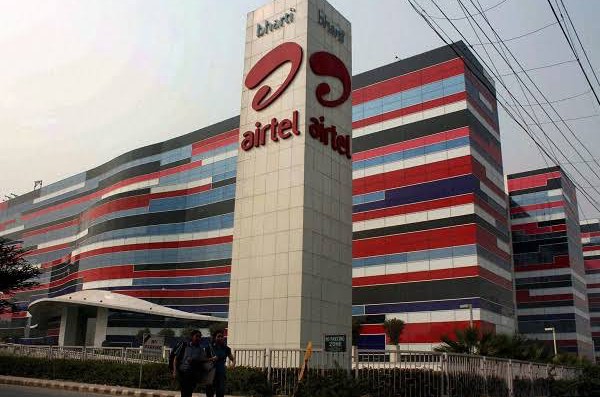Business
Airtel Africa Powers Ahead with Strong Growth in Subscribers, Digital Services

Airtel Africa has reported impressive growth for the financial year ending March 31, 2025, showcasing significant increases in subscriber numbers and digital services.
The company’s total customer base climbed by 8.7%, reaching 166.1 million, reflecting a strong commitment to digital inclusion and enhanced connectivity in its regions.
Smartphone adoption within Airtel’s markets increased by 4.3 percentage points, bringing the total to 44.8%. The number of data users jumped by 14.1% to 73.4 million, contributing to a 15.4% rise in average revenue per user (ARPU) for data services, when measured in constant currency. Mobile money services also experienced notable growth, with subscribers up by 17.3% to 44.6 million and an annual transaction value soaring to $145 billion.
According to CEO Sunil Taldar, “Digital inclusion remains at the heart of our mission.” He emphasized that the 20% increase in the smartphone customer base, now totaling 74.4 million, clearly demonstrates the benefits of their investments in digital access.
On the financial side, Airtel Africa recorded revenues of $4.96 billion, representing a 21.1% increase in constant currency. However, due to currency devaluation effects, especially in Nigeria, reported revenue experienced a minor decline of 0.5%. The final quarter of the year saw particularly strong performance, with revenue growth of 23.2% in constant currency and 17.8% in reported currency, supported by tariff changes in Nigeria.
Mobile services revenue surged by 19.6%, with data services seeing a 30.5% hike. Mobile money also contributed significantly, posting a 29.9% revenue increase. Despite challenges from rising fuel prices and currency fluctuations, Airtel achieved a solid EBITDA margin of 46.5%, which improved throughout the year from 45.3% in the first quarter to 47.3% in the fourth.
Airtel’s profit after tax rebounded to $328 million, recovering from an $89 million loss the previous year, primarily due to lower foreign exchange and derivative losses. Basic earnings per share improved to 6.0 cents, turning positive from a negative 4.4 cents. However, when excluding exceptional items, EPS decreased to 8.2 cents, reflecting increased finance costs related to tower lease renewals.
The company took a prudent approach to capital allocation, reporting capital expenditures of $670 million—less than initially expected due to the postponement of data center projects. Projected capex for the upcoming year is expected to be between $725 million and $750 million. Additionally, Airtel reduced its foreign currency debt exposure by $702 million, increasing local currency debt to 93%, up from 83%.
Shareholders received a final dividend of 3.9 cents per share, culminating in a total annual dividend of 6.5 cents—a 9.2% increase from the previous year. Airtel also returned $120 million to shareholders through share buybacks. Despite some rise in leverage ratios due to lease changes, management reassured that the overall capital structure remains robust.
Taldar concluded, “While global uncertainties persist, our focus remains on building a resilient business that delivers long-term value. We are well-prepared for the Airtel Money IPO, targeted for the first half of 2026, subject to market conditions. Our growth trajectory is solid, and we remain committed to supporting economic prosperity across our markets.”





